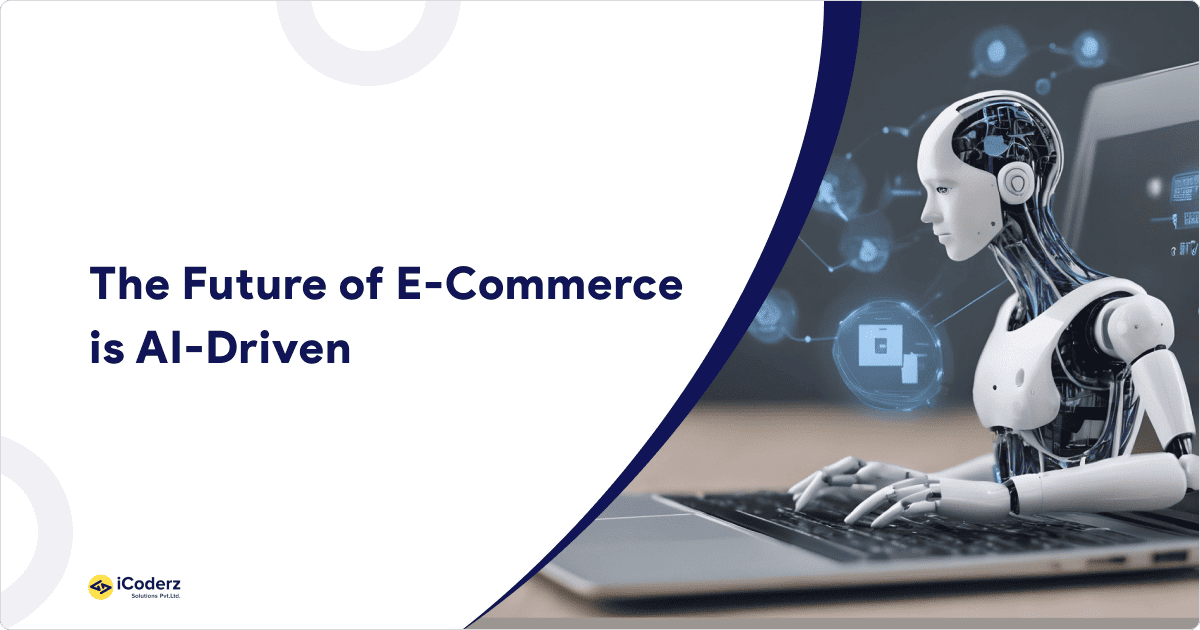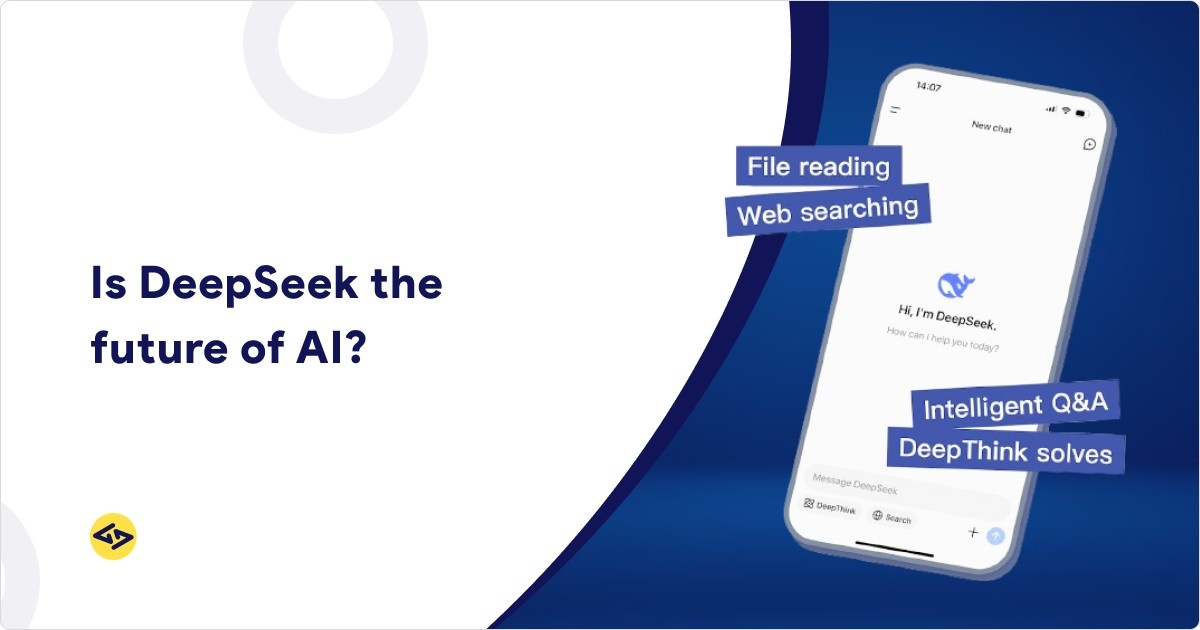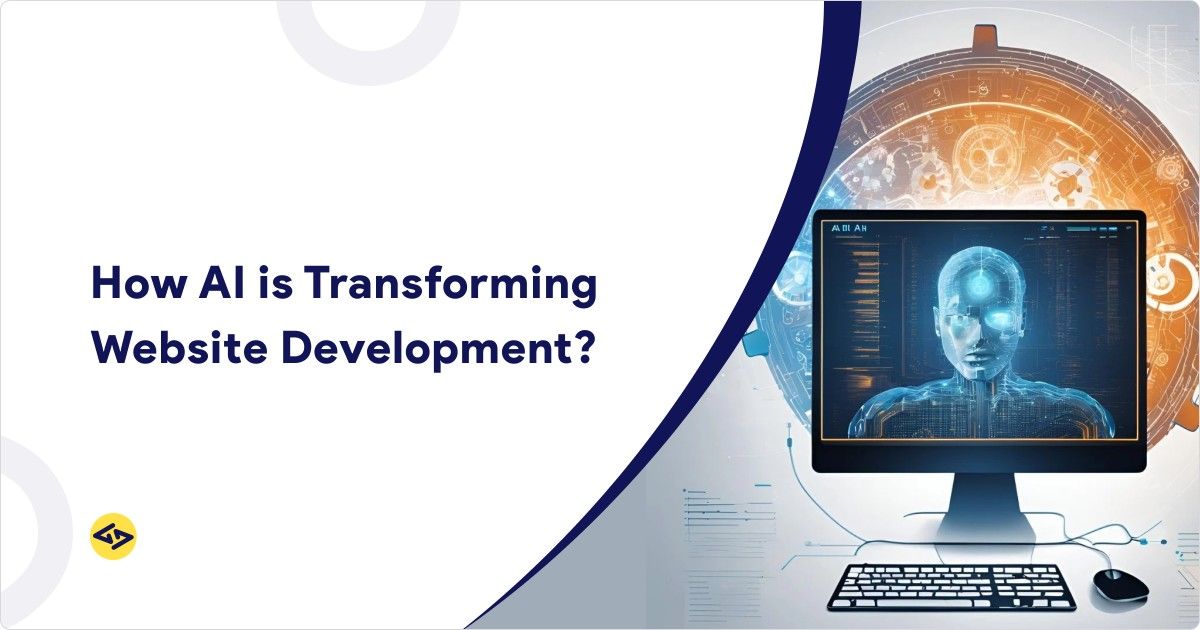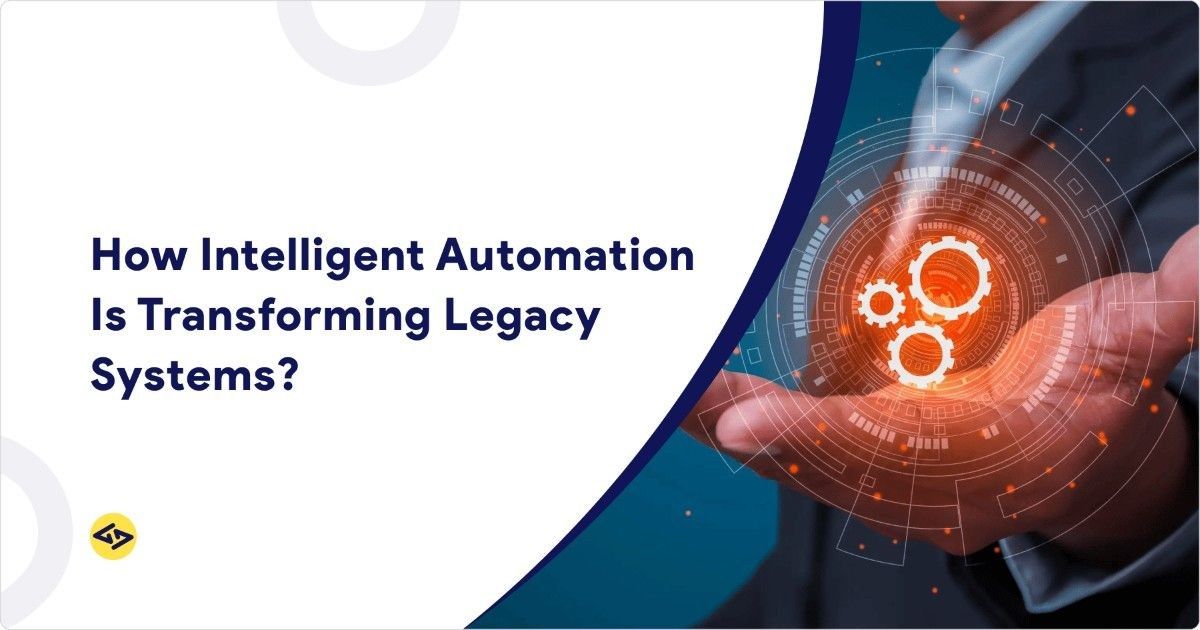Data and analytics are already winners in the digital world, where businesses strive for digital transformation. Whether it’s an online retail business or an insurance company, AI-driven data and analytics are becoming a true game-changer, empowering companies to make smarter, faster, and more informed decisions.
Now, artificial intelligence, or AI, has evolved. It is speeding up everything from gap fixing to discovering hidden business opportunities. You will be surprised to learn that a whopping 77% of e-commerce professionals leverage artificial intelligence every day. Moreover, 80% of executives are likely to witness AI-powered automation this year. These facts reveal that something big is ahead. A report prophesies that AI in the e-commerce market is anticipated to scale up from USD $12.22 billion in 2024 to nearly USD94.71 billion by 2035. Overall, a smart and progressive corporate life is ahead.
Transforming the Customer Journey
A customer journey refers to one’s browsing experience. It may start from a landing page to a home page of a website, passing through multiple interlinked webpages. AI-powered analytics support online businesses to collect and deeply understand the intent for navigating a page or multiple webpages. Overall, it hides the key to unlock browsing behaviour, purchase patterns, and trends. AI-driven analytics services unlock secrets to hyper-personalize product recommendations and run campaigns accordingly.
It’s like ensuring a boost in sales and revenues after discovering insights into customer intent. Once identified, the strategist can introduce these insights into sale-boosting strategies for online promotion. This is how not only conversion rate uplifts, but insights also turn customers into loyal ones.
Optimising Operations & Inventory
The insights of the customer’s journey are not the sole interpreter of success. Some integrated backend systems like logistics, inventory management systems, payment gateways, etc. They are also there to contribute. So, data analysts focus on data cleansing and analytics for real-time insights and operational inputs. AI-driven tools can significantly support online retailers. These tools can logically anticipate prospective demand, stock-outs, and wastage by considering archival data.
Moreover, consulting with business analytics consulting services providers can also help in evaluating insights into action plans. Simply put, these experts can suggest data-driven suggestions for setting dynamic pricing, real-time inventory re-allocation, and supply-chain adjustments. Overall, these insights unfold margins and efficiency-boosting strategies.
Delivering Business Intelligence at Scale
Modern e-commerce players are increasingly teaming up with analytics consulting firms to deploy dashboards, KPI-tracking tools, and AI-enriched business intelligence layers. These capabilities translate raw logs, click-streams, and purchase histories into rich strategic insights: which marketing channels perform best, which product attributes generate engagement, which segments are at risk of churn? Understanding involuntary churn is crucial as it highlights areas where customers might unknowingly discontinue their relationship with your brand. Data & analytics services enable the plumbing of disparate systems; business analytics consulting services shape how those insights drive corporate decisions—from marketing spend to product development.
However, incorporating with an analytics consulting firm is an effortless alternative to discover business insights and progressive solutions to boost sales and ROIs. But the most underrated thing is AI tools, such as Google Analytics, Sourcetable, ClickUp Brain (AI KPI Generator), SimpleKPI (KPI Generator), and ReNewator (AI-powered KPI Dashboard).
These tools simplify the connectivity of your website analytics, CRM, ad platforms, and content systems into a unified database.
How AI Tools Help in Improving Results
1) Effortless Alignment:
The KPI generators make it effortless to align KPIs to your business goals. For instance, these tools can help in setting a target to convert customers within a specific duration.
2) Notify the Future:
Apart from these, tools like GA4 or ReNewator can analyse and issue an alert on the prospective dips or spikes in specific metrics. This information helps in countering reasons for a prospective slowdown. Likewise, marketers can counteract a prospective spike in traffic by increasing bandwidth or optimizing emails, etc.
3) Support Natural Language Processing (NLP):
Though tools understand technical terms, platforms like Sourcetable have inbuilt NLP-driven systems to recognize and provide results in natural languages. For example, one can discover low conversion pages with high bounce rate by using the prompt “show pages with conversion <1% and high bounce”.
4) Real-time Updates:
Another incredible benefit of these AI-powered dashboards is that they ensure real-time data updates while notifying KPIs that are off-target. They leverage metadata, content performance, and user persona for refined KPIs.
The Competitive Advantage
Do you think that having a tool can help in decoding success? Well, if it is so, all AI users might have become leaders in their niche. But it’s not the case. Tools can do magic, provided you integrate them into your analytics ecosystem and operations.
For example, AI-driven data analytics guides retailers on how to segment insights at the individual level and recommend at a granular level. Moreover, the digital marketer can discover emerging trends in real-time, which helps in reacting accordingly. With the right strategy and execution, one can make decisions to gain a sustainable competitive advantage.
Key Takeaways for E-Commerce Leaders
Overall, e-commerce leaders should be aware of AI tools and their attributes to harness them for better results.
1) Start with clean, integrated data – Incorporate data & analytics services for preparing your customer, product, and behavioral data. Outsourcing can also be a cost-effective option.
2) Use consulting expertise – Hire an SEO or business analytics consultant to recognize and gain insights into high-impact use cases and KPIs.
3) Embed AI into workflows – Focus on AI-driven recommendations, pricing, and fraud detection like metrics to start with a pilot project and then shift it to live campaigns.
4) Measure and iterate – Just implementation is not sufficient. Monitor AI-driven initiatives emerging in conversion rates, cost reduction, and higher average order value.
5) Focus on agility – Real-time dashboards can help in winning a competitive edge. As trends change fast, businesses must introduce real-time BI and AI-driven analytics to keep this winning streak on.
Conclusion: The Future of E-Commerce Lies in AI-Driven Data and Analytics
Artificial intelligence is driving the change in e-commerce trends and strategies. The campaigns have been shifted from personalization to hyper-personalization. AI-driven analytics can unfold the dark sides of a website that need optimization, which further impacts scalability. Overall, converting raw data into actionable insights can never be a puzzle with the twin support of data & analytics services and business analytics consulting solutions. This is going to happen when you adopt them wisely and quickly.
Unlock the Power of AI in E-Commerce
Discover how AI-driven data and analytics can help your business boost personalization, predict trends, and drive smarter sales.




